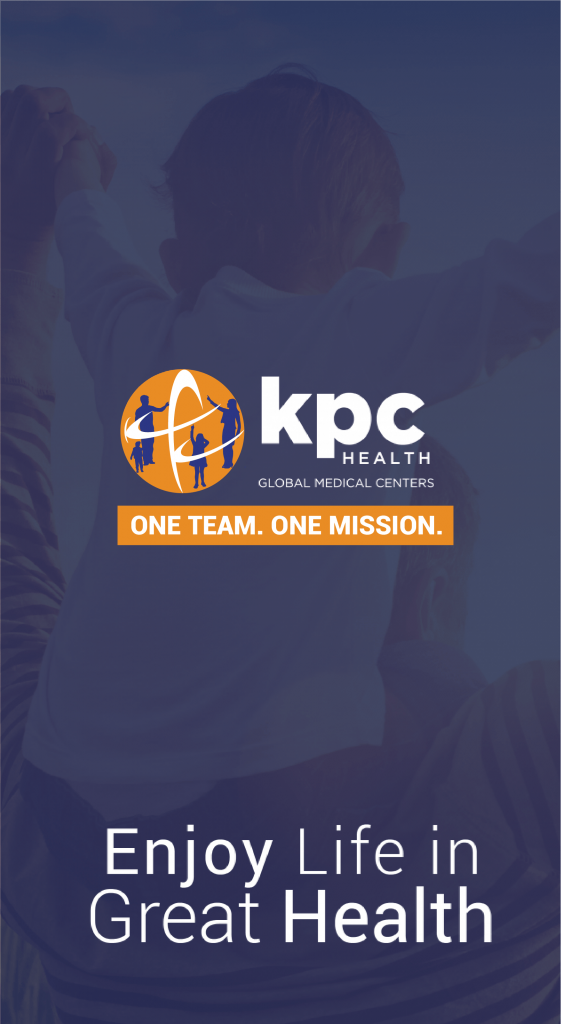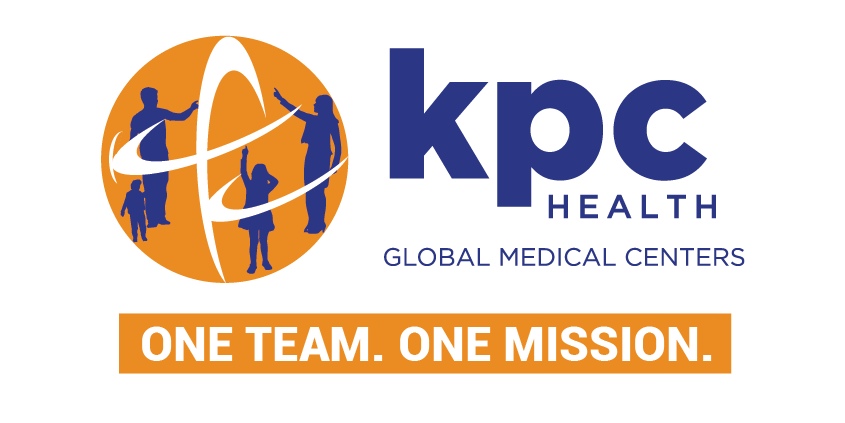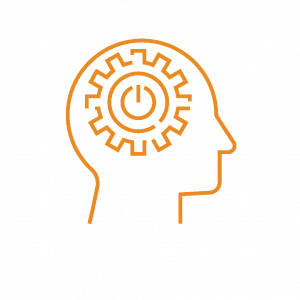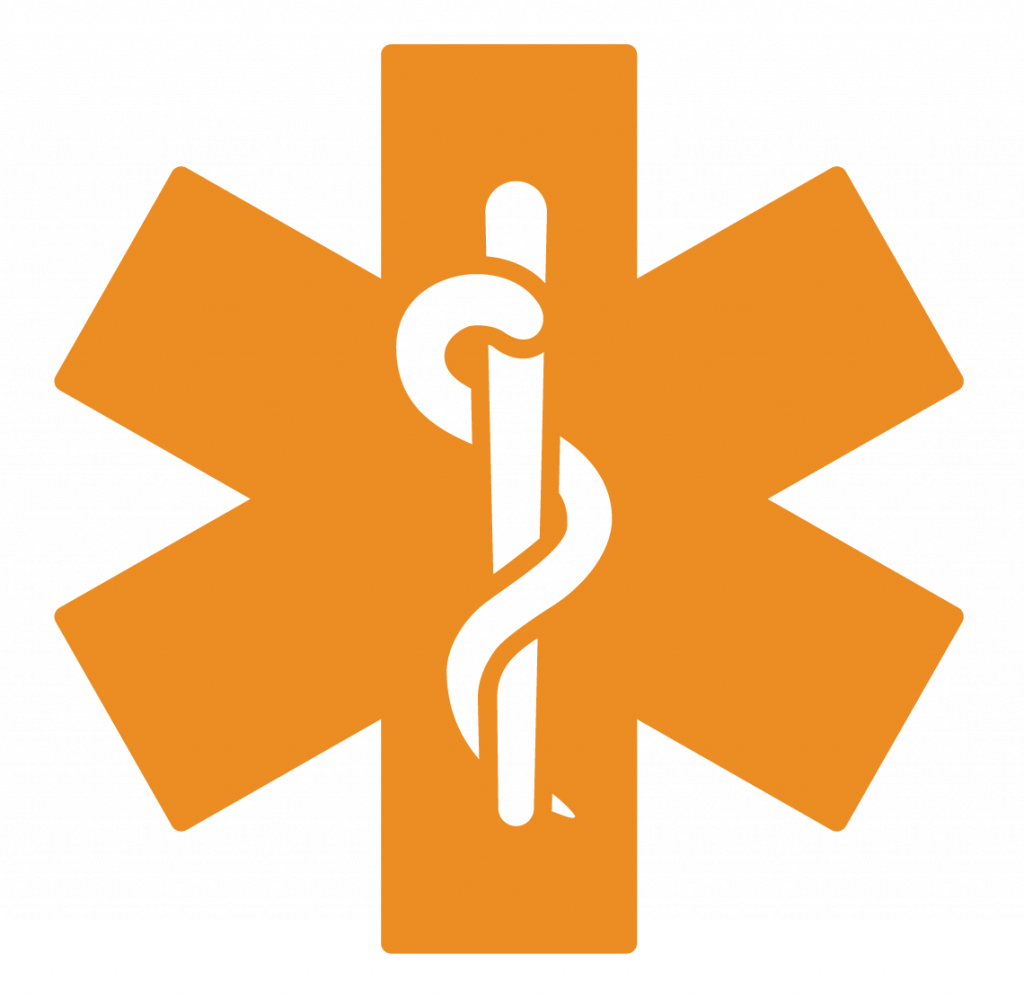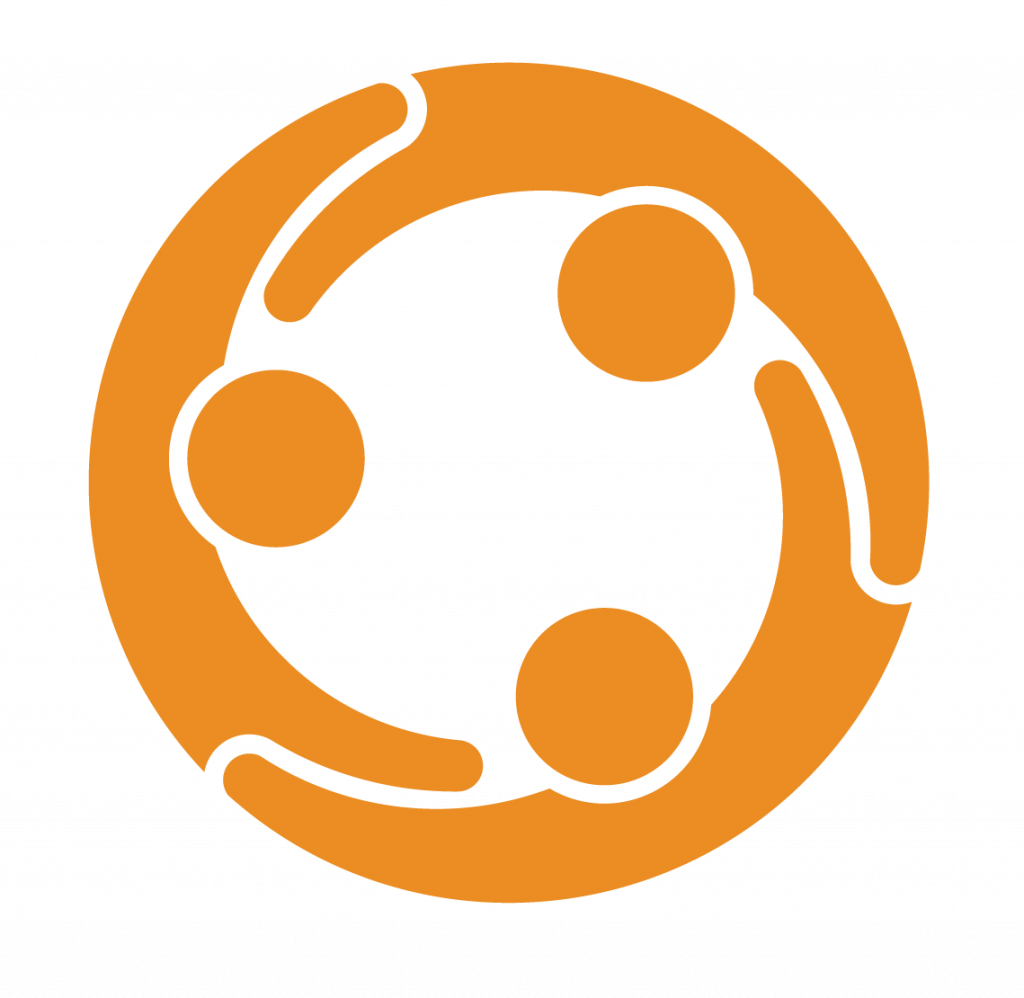General Surgery Comprehensive
CHAPMAN GLOBAL MEDICAL CENTER
Stress can not only ruin your day, but your health. Our team provides superior healthcare to ensure each person can enjoy life in great health.
Chapman Global Medical Center offers a number of hospital-based testing and diagnostic services available on an outpatient basis and features six newly remodeled operating room suites offering some of the latest in surgical technology.
- Clinical Laboratory: tissue, blood, urine, and other testing services.
- Physical and Occupational Therapy: inpatient rehabilitative services.
- Radiology: general diagnostic procedures, CT scans, ultrasound, nuclear medicine, and MRI.
- Cardiology Care Services
- Pulmonary Diagnostic Services: electrocardiogram (EKG), echocardiogram, stress tests, pulse oximetry, pulmonary function testing, and respiratory therapy.
- Gastrointestinal Lab: colonoscopy and endoscopy.
Our surgical suites are equipped with advanced anesthesia monitoring equipment known as BIS. BIS monitoring enables our anesthesiologists to accurately track a patient’s level of consciousness during surgery. The result is more predictable wake-up times after surgery and faster patient recovery from anesthesia.
The surgical suites at Chapman Global Medical Center are also used for same day outpatient surgery. Outpatient surgery patients undergo pre- and post-operative care in a separate area specifically designed for the needs of single day patients.
If you would like more information about any of these services, please call Chapman Global Medical Center at (714) 633-0011.
Spine Surgery
Endoscopic Spine Surgery at Chapman Global Medical Center is performed using TESSYS® and iLESSYS®.
Our innovative, minimally-invasive endoscopic procedure can help patients with herniated discs, spinal stenosis, and facet joint syndrome. The minimally-invasive endoscopic procedure can help you get on your feet faster.
TESSYS®/iLESSYS® methods leave patients free from pain in three steps:
- Creating access to the area affected.
- Completely removing tissue that is trapping the nerves.
- Checking whether the nerve has been freed, removing instruments, and closing up the wound.
The two procedures are slightly different in how they access the spine. Endoscopic surgery offers one major benefit over other procedures; it can be performed under local anesthetic. A routine operation takes approximately 45 minutes. Your spine specialist will discuss the suitable anesthetic procedure that is best for you.
A herniated disc typically starts with a weakened spinal disc. Your spinal discs act as cushions between vertebrae, and each is comprised of two main parts: the inner core (nucleus pulposus) and outer wall (annulus fibrosus). When a disc herniates, it means the inner core has leaked through a tear in the outer wall and into the spinal canal. You can have a herniated disc in any part of your spine, but most herniated discs affect the lower back (lumbar spine).
Spinal stenosis involves a narrowing of the spinal canal located inside the spine. This structure made from surrounding muscles and bone ligaments protect the soft spinal cord and the nerve fibers stretching into the arms, torso, and legs. When the spinal canal is constricted, the nerves are squashed, and this causes pain in the arms and/or legs. As well as causing pain, the pressure on the nerves can also result in sensory disturbances (e.g. numbness, prickling) or a loss of strength in the arms and/or legs. The lumbar spine is the most frequently affected area of the spine.
Facet joint syndrome is pain at the joint between two vertebrae in your spine. Facet joint syndrome is a common cause of back pain that can often radiate into the legs or arms. Facet joint syndrome is often linked with facet joint arthritis, which causes considerable pain in the back.
Contact our Multi-Specialty Clinic at (714) 639-3780 for more information on how Endoscopic Spine Surgery can get you back on your feet and enjoying life in great health.
Our Mission
